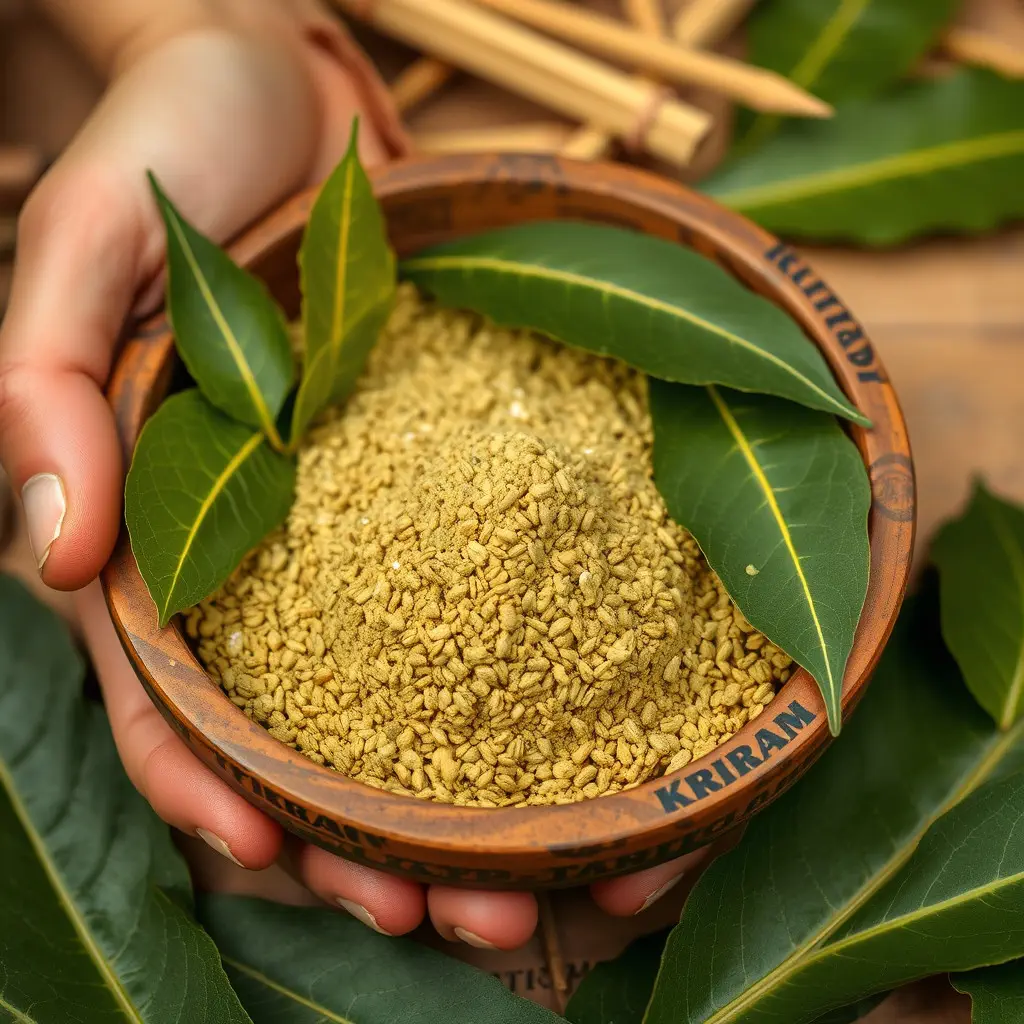Endurance training improves cardiovascular health and stamina, but incorporating kratom supplements for energy may disrupt sleep due to its interaction with opioid receptors, leading to does kratom cause insomnia. Athletes should consult healthcare professionals before using kratom, managing dosage and timing to avoid bedtime consumption to maintain performance without compromising recovery.
Discover the potential synergy between endurance training and kratom supplements in this comprehensive guide. Learn how endurance exercises, from running to weightlifting, enhance cardiovascular health and build stamina. Explore the world of kratom, its effects on energy and focus, and why it’s a popular choice among athletes. Balancing these two involves understanding dosage and side effects, particularly the potential for kratom to cause insomnia. Uncover best practices for safe integration to maximize your fitness journey.
- Understanding Endurance Training and its Benefits
- Exploring Kratom Supplements: Effects and Safety
- Balancing Endurance Training with Kratom: Dosage and Considerations for Insomnia
Understanding Endurance Training and its Benefits
Endurance training involves consistent, prolonged physical exertion aimed at improving cardiovascular fitness and muscular stamina. This type of exercise, often incorporating activities like running, cycling, or swimming for extended periods, strengthens the heart, lungs, and muscles, leading to better overall performance in activities that require sustained energy. One of the key benefits is enhanced athletic performance, as athletes can push their bodies further with reduced fatigue. Additionally, regular endurance workouts are associated with numerous health advantages, including improved mood, better bone density, and a lower risk of chronic conditions like heart disease.
While kratom supplements have gained attention for their potential energy-boosting effects, it’s essential to consider their impact on sleep patterns. Contrary to some beliefs, kratom is not a cure for insomnia; in fact, it can potentially cause sleep disturbances due to its effects on the body’s opioid receptors. As endurance athletes strive to optimize their performance, managing sleep is critical. Therefore, any supplement considered should be carefully evaluated to ensure it supports both training goals and overall well-being, especially when aiming for improved endurance and recovery.
Exploring Kratom Supplements: Effects and Safety
Kratom supplements have gained popularity among athletes and fitness enthusiasts for their potential to enhance endurance training. However, it’s crucial to understand that while kratom may offer certain benefits, such as increased energy and reduced muscle pain, it can also have side effects, especially when used improperly. One significant concern is its impact on sleep patterns; consistent use of kratom has been linked to insomnia and disrupted sleep cycles. This effect can be detrimental to athletes, as adequate rest is vital for recovery and optimal performance.
Safety should always be a top priority when considering kratom supplements. Research indicates that kratom can interact with various medications, and its effects on the central nervous system may vary among individuals. It’s essential to consult healthcare professionals before incorporating kratom into your endurance training regimen, especially if you have pre-existing health conditions or are taking other medications. Understanding both the potential benefits and risks is key to making an informed decision about using kratom supplements for enhanced athletic performance.
Balancing Endurance Training with Kratom: Dosage and Considerations for Insomnia
Endurance athletes often seek ways to enhance their performance while maintaining optimal health. Kratom, a natural herb with opioid-like effects, has gained popularity as a potential supplement for its energizing and mood-boosting properties. However, when combining kratom with endurance training, balancing its benefits against potential side effects is crucial, especially when it comes to sleep disturbances.
Kratom’s stimulating effects can be advantageous during intense workouts, providing focus and sustained energy. Yet, it is well-documented that kratom use may lead to insomnia in some individuals due to its ability to interact with opioid receptors in the brain. For athletes considering kratom supplements, managing dosage is key. Starting with lower amounts and gradually increasing can help minimize sleep disruption. Additionally, timing the consumption of kratom around workout periods rather than bedtime might be a strategic approach to balance energy levels without compromising rest.
Endurance training, when combined with kratom supplements, can offer athletes a competitive edge. However, it’s crucial to understand that while kratom may provide energy and focus, it can also lead to insomnia due to its stimulant properties. Balancing these two requires careful consideration of dosage and timing. Athletes should monitor their sleep patterns and adjust their kratom intake accordingly. Remember, proper rest is essential for optimal performance, so finding the right balance between endurance training and kratom use is key to achieving peak physical condition without sacrificing quality sleep.






